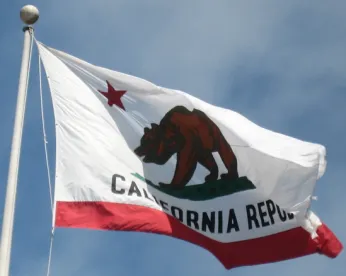On Sept. 12, 2019, the California Supreme Court issued a major decision in ZB, N.A. v. Superior Court of California related to the remedies available in an action under the California Private Attorneys General Act (PAGA). The case arose in the context of a dispute over the arbitrability of certain portions of the matter, and while the employer lost that battle, ZB represents a win for employers in their efforts to deal with the increasing trend of PAGA-only actions.
PAGA allows California employees to file lawsuits to recover civil penalties on behalf of themselves, other employees, and the state of California for labor code violations.
Employers doing business in California have been hit with a trend of plaintiffs electing to sue under PAGA only in an attempt to avoid arbitration agreements and class action waivers. The California Supreme Court ruled in 2014 in Iskanian v. CLS Transportation Los Angeles that PAGA claims were not subject to arbitration.
Iskanian has not been reviewed by the U.S. Supreme Court, which has historically been hostile to California’s earlier attempts to sidestep the Federal Arbitration Act. In ZB, the plaintiffs’ lawyers argued that under PAGA they could recover as civil penalties, all the same damages they could in a direct civil action, and because of Iskanian, avoid arbitration agreements, class action waivers and the procedural safeguards of class action practice.
ZB changes all of that.
ZB dealt with the classification of the relief under Labor Code Section 558, which provides for a civil penalty for the recovery of unpaid overtime, including a per pay period penalty and a restitutionary amount for the unpaid wages. The plaintiffs in ZB argued that the restitutionary amount also was a civil penalty recoverable under PAGA. The California Supreme Court rejected that argument.
The California Supreme Court reasoned that the structure of Section 558 and similar provisions make clear that the restitutionary amount was not a civil penalty and was not recoverable under PAGA — or under a direct right of action. A PAGA action would only permit recovery of the per pay period penalty. Other claims could be brought to seek to recover the unpaid wages, but those claims could well be subject to mandatory arbitration and class action waiver.
ZB represents a significant development in the way plaintiffs can seek relief against employers in California. As a result, any employer doing business in California may want to consider reviewing its arbitration and other policies to account for this new ruling.




 />i
/>i

